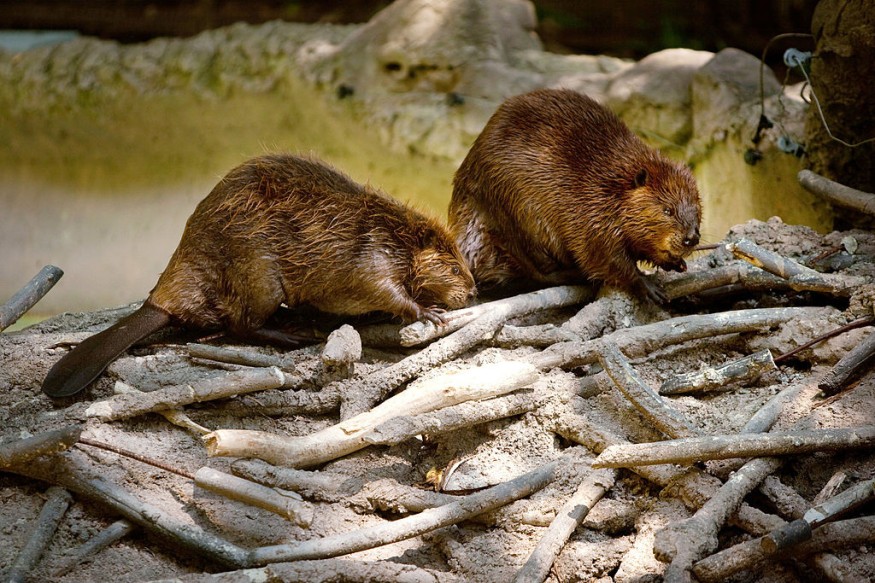For the first time in 400 years, baby beavers have been born in a Scottish national park, marking a significant milestone in the country's wildlife conservation efforts. The births occurred at Loch Lomond and The Trossachs National Park, a historic event that signifies the successful reintroduction of this once-native species to the region.
The reintroduction project, which began in 2009, aimed to bring beavers back to their natural habitat in Scotland. The success of the project is highlighted by the birth of the baby beavers, known as kits.
Beavers are known as 'ecosystem engineers' due to their ability to shape the environment. By building dams and creating ponds, they provide habitats for various species, enhance water quality, and reduce the risk of flooding.
Historic Milestone in Conservation

This development indicates a thriving and expanding beaver population within the park, which benefits the local ecosystem by creating wetlands that support a diverse range of species.
RSPB Scotland, the organization overseeing the project, expressed their delight at the news. "The birth of these kits is a significant conservation success and a testament to the efforts made to reintroduce beavers to Scotland," said Anne McCall, Director of RSPB Scotland in a Yahoo News report. "Beavers play a crucial role in creating and maintaining wetland habitats, which are vital for biodiversity."
The presence of beavers at Loch Lomond and The Trossachs National Park has already led to noticeable ecological improvements, including increased biodiversity and healthier waterways.
The successful birth of the kits has been celebrated by conservationists and local communities alike. The Scottish Wildlife Trust emphasized the importance of monitoring the beavers' impact on the environment to ensure their long-term sustainability and coexistence with human activities.
Meanwhile, conservationists continue to monitor the beaver population to ensure their impact remains positive and sustainable. Regular assessments will help guide future conservation strategies, ensuring that these efforts benefit both wildlife and human communities.
Related Article : 8 Unique Animals That Take Advantage of Tools in Wildlife
© 2025 NatureWorldNews.com All rights reserved. Do not reproduce without permission.





